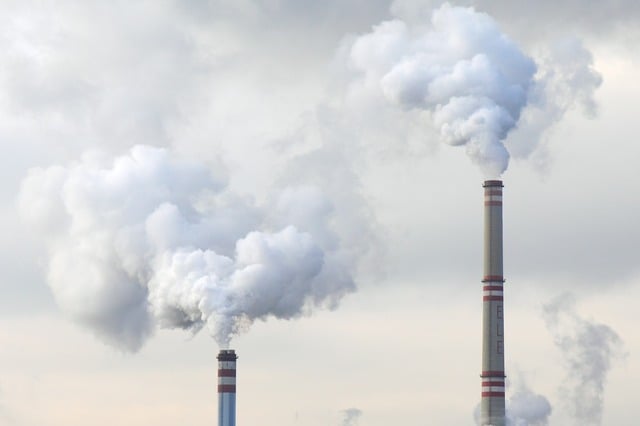Brokers have a “significant responsibility” to their clients when it comes to risks faced due to climate change, an industry leader has said.
Giles Crowley, head of commercial at
Zurich, said that as climate risks become more important for businesses, the role of the broker will continue to develop.
Search and compare insurance product listings for Environmental Liability from specialty market providers here
“Brokers have a significant responsibility in terms of educating and helping their clients scan for all forms of risk, climate risk included,” Crowley told
Insurance Business. “Talking to clients about their strategies to mitigate climate risk, and bringing global insights and research to the table is hugely valuable. It’s also important to remember events like floods don’t just affect individuals and businesses – they affect communities.”
The recent World Economic Forum (WEF) Global Risks report, released by Zurich and
Marsh, found that climate change adaptation was the joint fifth biggest risk identified by senior executives for their business, showing that the issue is front of mind for many in the business community.
However, it’s not just insureds that are affected - the industry itself must monitor environmental changes to ensure its own future.
Last week,
Swiss Re announced a group net loss of US$468 million for the first nine months of 2017, with the CFO of the firm, David Cole, telling
CNBC that everyone needs “to realise climate change is a fact and we need to prepare for that.”
“I think society really needs to wake up and realise that things are changing and if you continue to build in areas that are subject to flood, you need to be prepared to actually deal with the aftermath of flood,” Cole continued. “Our role is to make people aware, to help people understand the risk they face and also to put a price on that risk. If these prices are unsustainable we need to signal that to the market.”
While climate risk may be a longer-term problem for businesses, brokers need to address the issue with their clients as it can impact multiple business strands – from environmental cover to supply chain risk.
However, Crowley believes that while there is “always” more that can be done to ensure clients are taking their climate risks more seriously, the industry is well placed and currently fulfilling its role.
“When you break climate risk down into how it might play out on the ground, for example, via flooding or extreme weather events, the industry at large is doing well in terms of raising awareness,” Crowley concluded.
Related stories:
Swiss Re takes big hit from catastrophes
World-first database tracks climate risk


